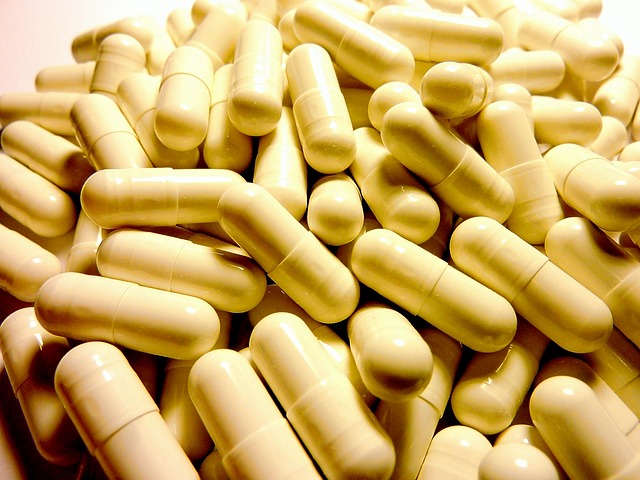If your loved one has a substance abuse disorder, it’s likely he or she also suffers from another mental illness. The combination of substance abuse with a second mental illness is called dual diagnosis. Both conditions need treatment for effective addiction recovery. By the Numbers According to the Substance Abuse and Mental Health Services Administration (SAMSHA), 17.5 million adult Americans suffer from a serious mental disorder over the course of any given year. Of that number, four million also battle alcohol or drug dependencies. Dual diagnosis, unfortunately, often goes untreated. SAMSHA reports over half of all dual diagnosis patients never receive medical or psychiatric treatment during addiction recovery. Anxiety, depression, personality disorders, and schizophrenia are most likely to occur alongside substance abuse. Which Came First? And Does it Matter? The stress and emotional toll of substance abuse can trigger symptoms of mental health illness. Some drugs cause physical changes in the brain, encouraging the onset of mental health issues. Long-term alcohol consumption, for instance, changes brain chemistry. In other cases, your loved one may explore substance abuse as a means of self-medicatingan undiagnosed mental illness. The euphoria of a high can temporarily alleviate feelings of depression. As abuse turns to addiction, however, such benefits get lost in the negative effects of drug dependency. One condition aggravates the other. Depression, for instance, can trigger increased alcohol abuse, which in turn worsens depression. The need to alleviate anxiety may lead to heroin or prescription opiate abuse, only to have drug cravings increase anxiety. It’s a nasty, vicious cycle that can only be broken when both conditions receive treatment. Treating depression with antidepressants, for example, can result in unforeseen drug interactions if the patient secretly abuses drugs or alcohol. Addiction recovery is much more difficult when your loved one experiences an anxiety or panic disorder. Fortunately, it is possible to successfully treat dual diagnosis. You can increase your loved one’s chance of receiving the treatment she needs by informing rehab clinic staff of any signs of anxiety, depression, or other mental illness. Dual diagnosis is common, but it doesn’t have to prevent your loved one from finding her own path to lifelong recovery. (Photo via)

